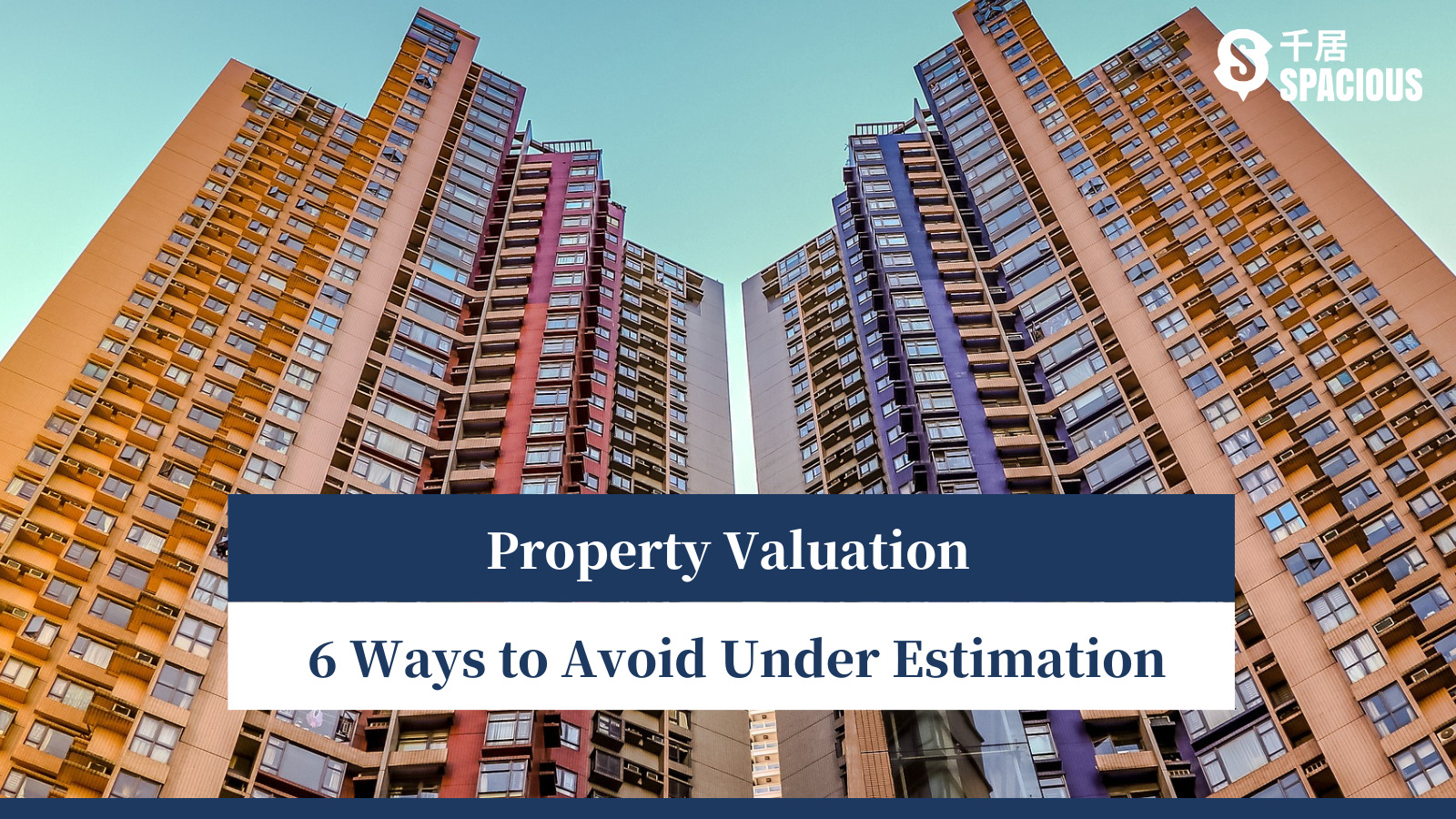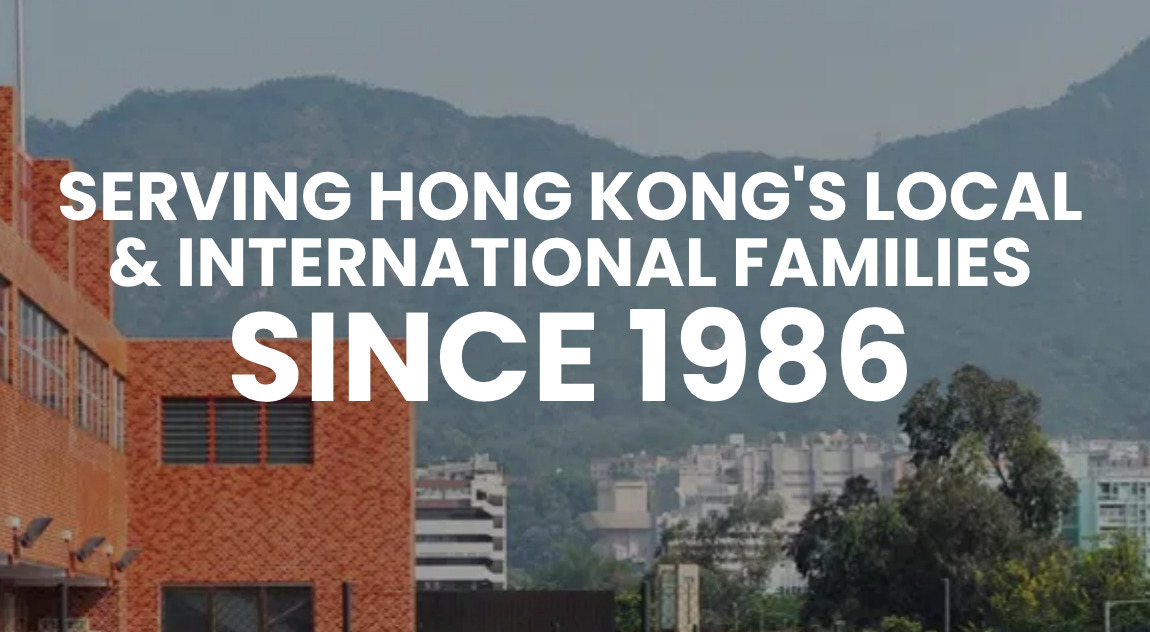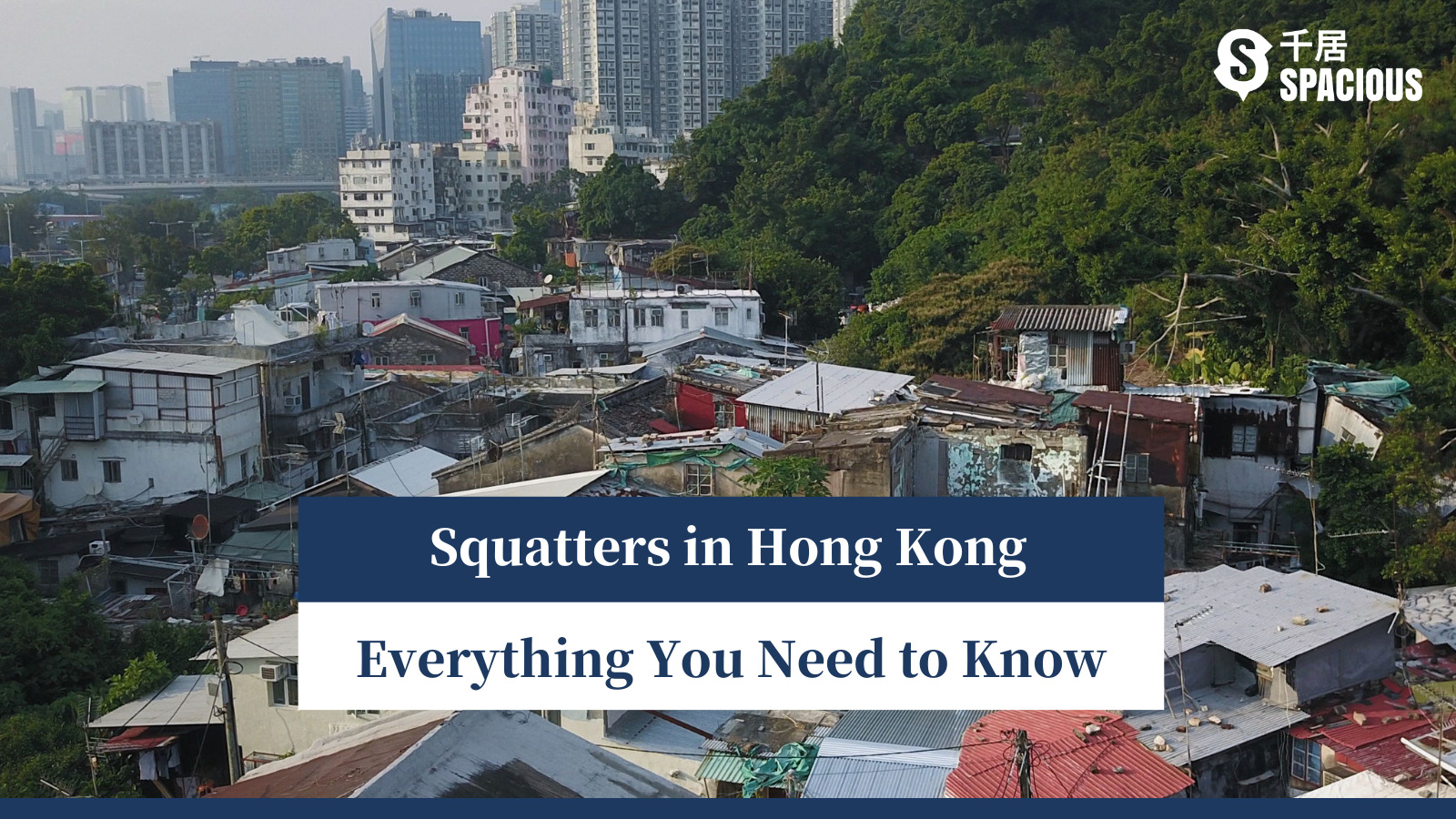
Squatters are commonly seen in rural areas in the city. They were a form of housing left over from the 1940s. Originally illegal, but some squatter structures have been privately rented, sold or even upgraded with gardens and swimming pools.
How did the legalisation of squatters come about? What are the risks of buying or selling a squatter house? What compensation can residents expect if their squatters are demolished? Join Spacious as we get into the origin, transformation and development of squatter houses in Hong Kong.
Jump to: Brief History of Squatters | Legalisation of Squatters | Squatters vs Licensed Houses | Risks of Sale / Lease of Squatters | Compensation for Squatter Demolition | FAQ
A Brief History of Squatters
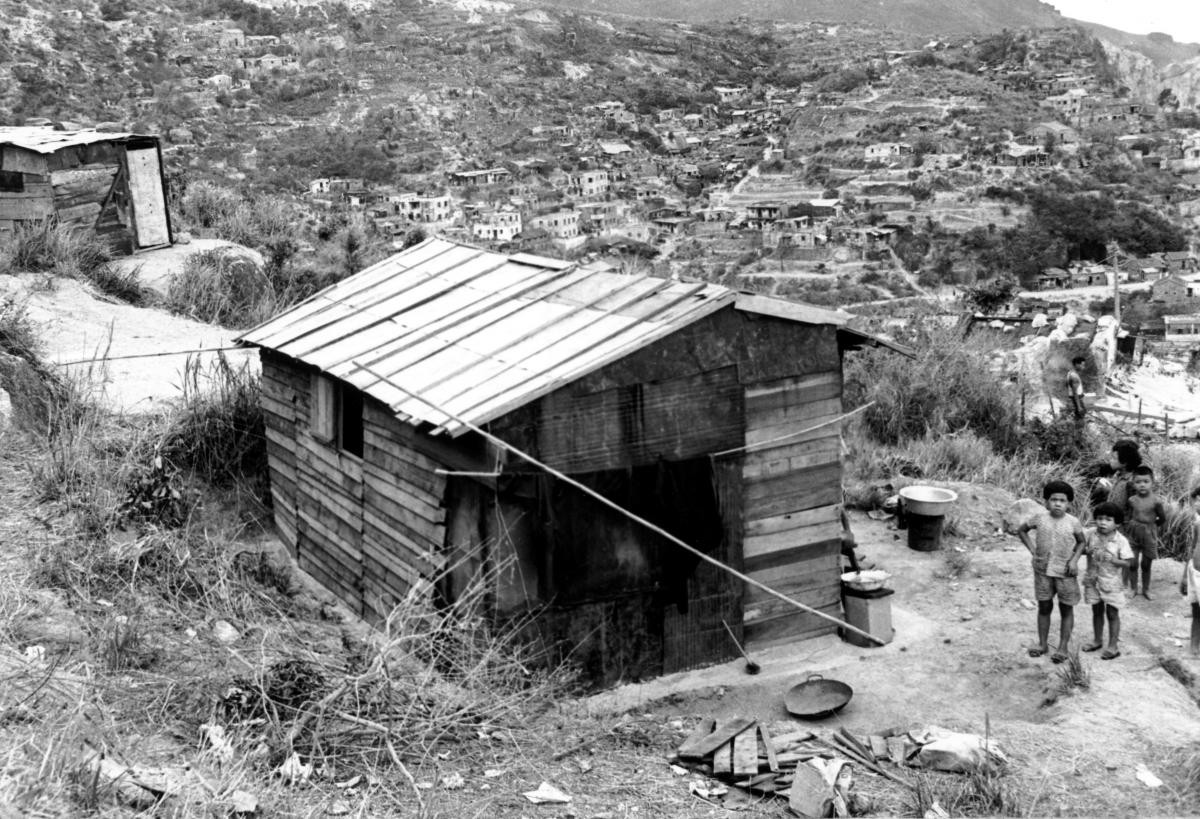
(Image from University of Chicago Heritage Interpretation Centre)
Squatters are a type of shoddy dwelling built with unauthorised, temporary structures without government permission. Squatters originated in the 1940s, when China was experiencing a civil war and large numbers of refugees were entering Hong Kong to seek shelters.
As the local government did not provide any public housing at that time, the refugees had to illegally build iron and wooden shacks to live in, and that’s how the term “bungalow” came about. Although the structures were shoddy and the living conditions poor, they once housed a quarter of the population.
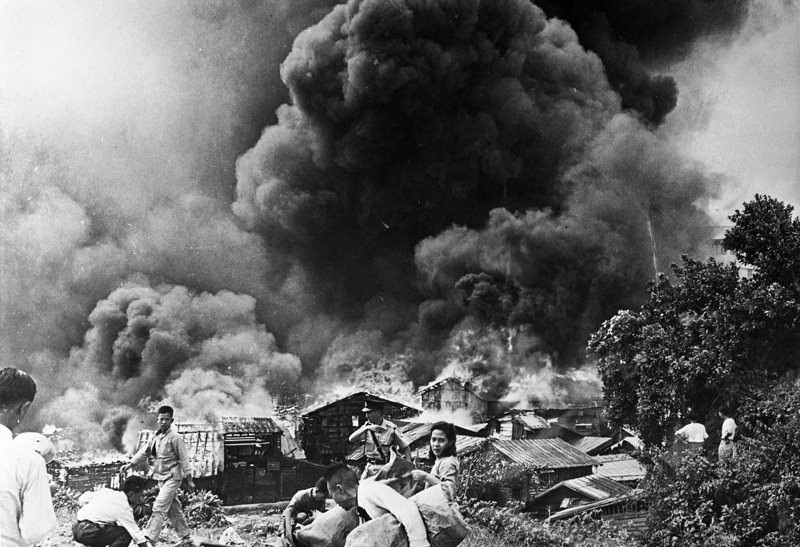
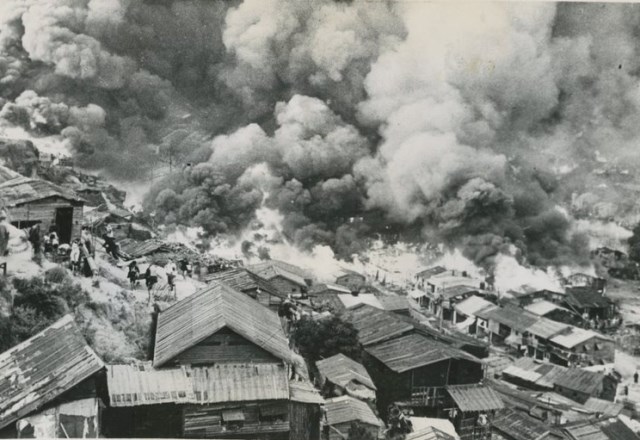
In 1953, a deadly fire broke out in the Shek Kip Mei Squatter area on Christmas Eve. The fire, caused by the burning of kerosene lamps, spread to the surrounding wooden areas and destroyed more than 2,500 wooden structures, leaving more than 50,000 residents homeless.
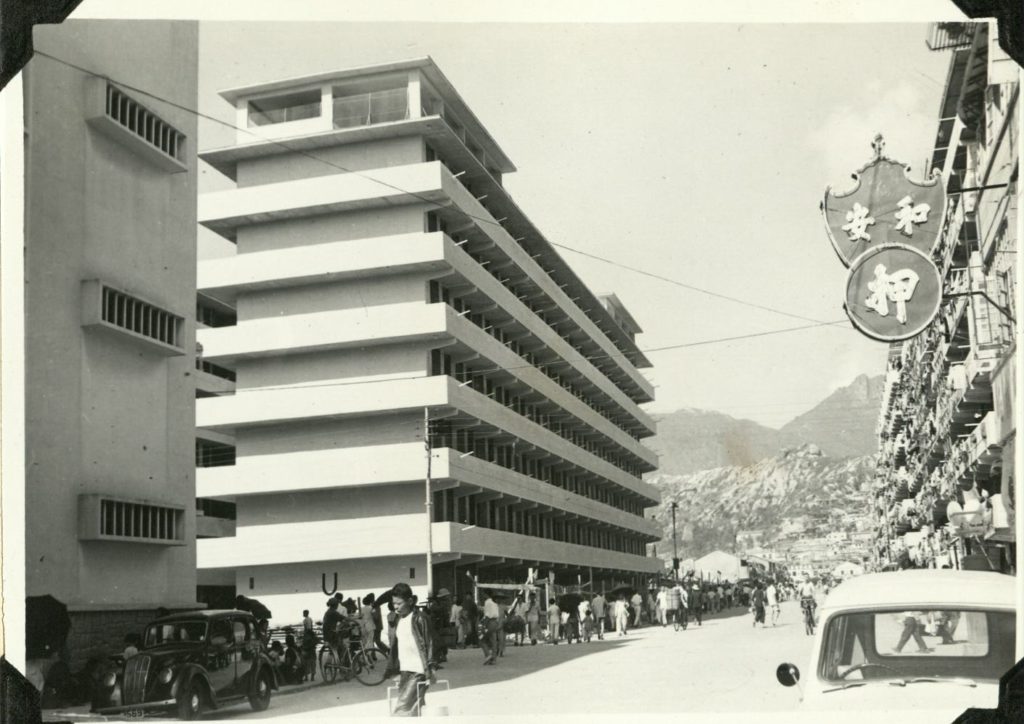
Find or sell properties on Spacious
After the Shek Kip Mei fire, the government built low-rise flats and resettlement blocks in order to accommodate the affected residents . This gave rise to the later emergence of public rental housing.
The emergence of public housing did not completely solve the problem of squatters. Some squatter residents did not qualify for placement due to income limits, while others were unwilling to move into cramped public housing. Some residents would even move into squatter areas where spaces were larger. All of these reasons led to an increase in the number of squatters.
Starting in the 1980s, the Hong Kong government began regulating squatters, registering the construction status and occupants in order to curb their growth. However, unless they were reported or required for land development plans, the government did not actively investigate the expansion of squatters.
Legalisation of Squatters
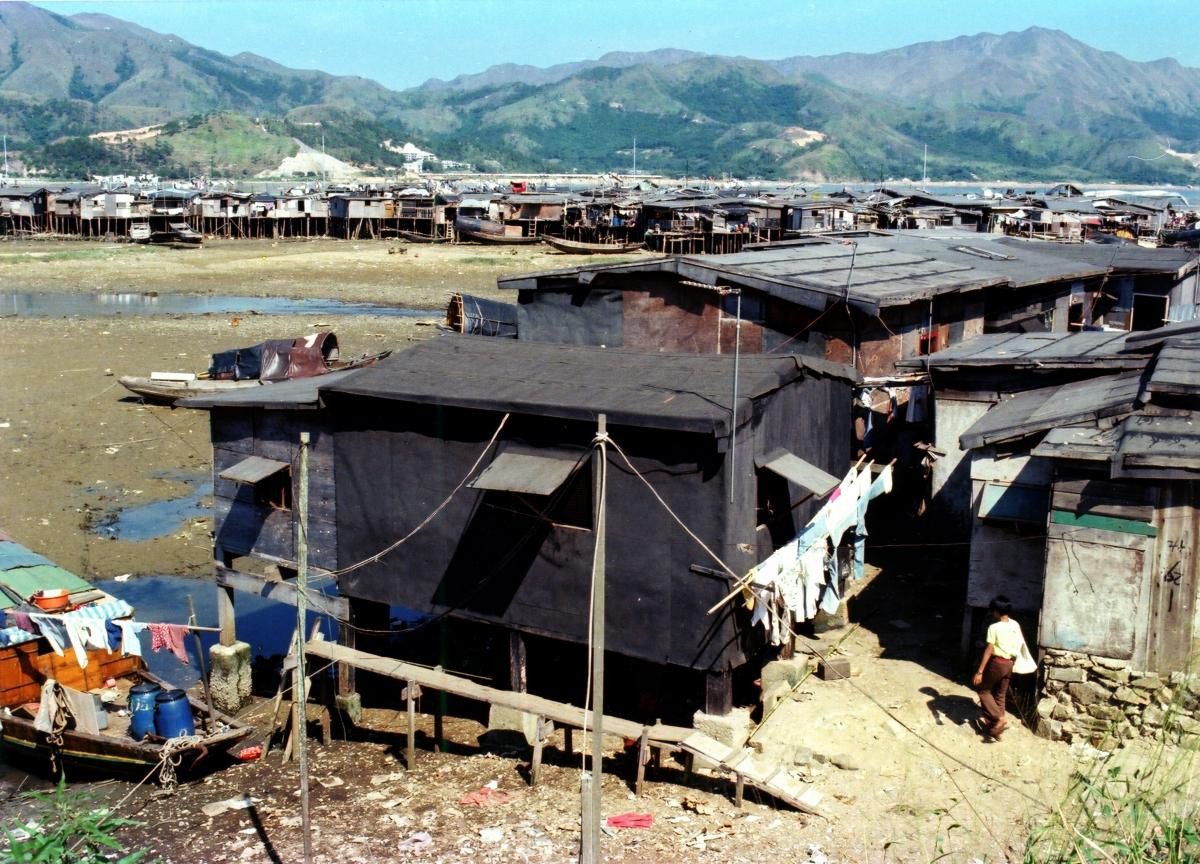
(Image from University of Chicago Heritage Interpretation Centre)
Although squatters were built without government permission, they were not actively cracked down on by the government, unless located on lands that the government intends to take back for development.
How does the government determine whether a squatter is illegally expanded? It depends on whether the occupier has registered the squatter since 1982.
The Lands Department’s Squatter Control Office will send staff to record the basic information of the squatter house, such as area, height and population.
If the registration is subsequently reported, or if the condition of the house is found to have been changed by the Lands Department’s unmanned aircraft, it is considered illegal. The Lands Department will require the occupier to restore the squatter to its original condition, otherwise it may be demolished or even reclaimed.
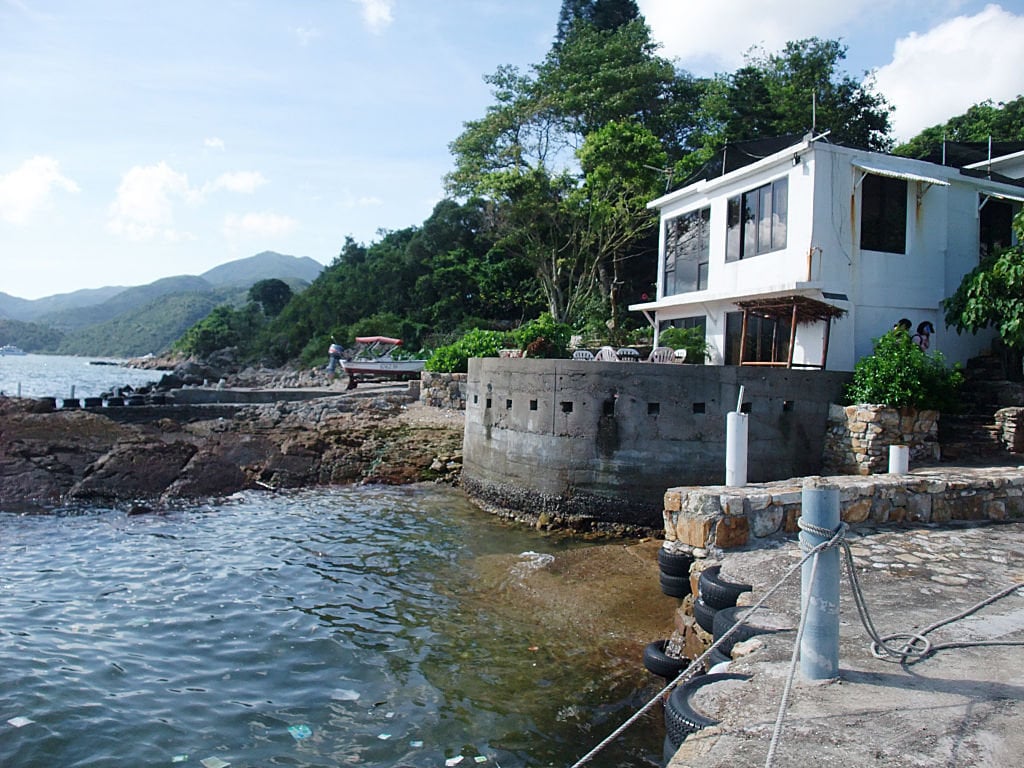
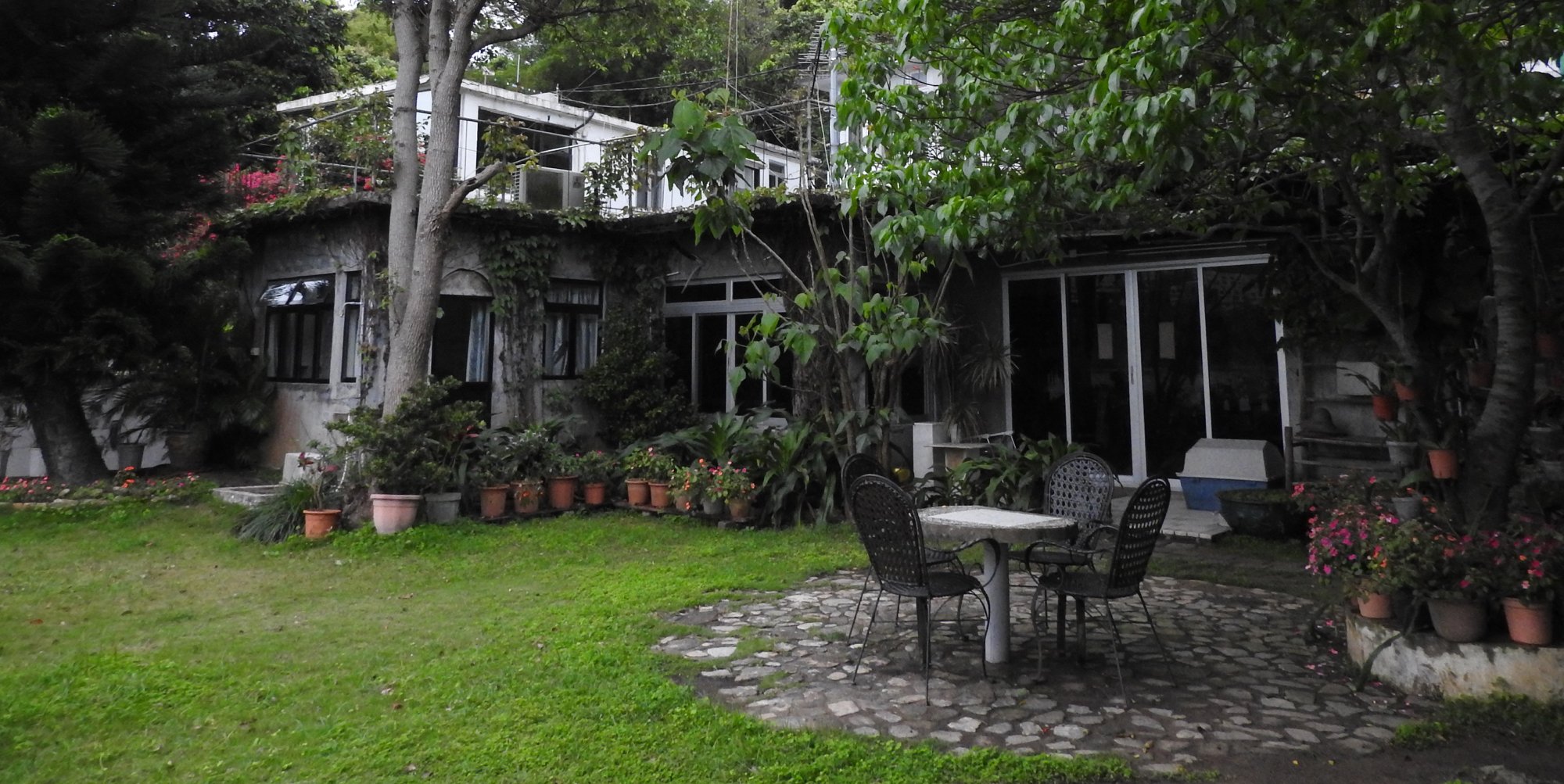
However, such illegal structures are not easy to be found. First of all, residents of the squatter area rarely “rat out” to avoid their own homes being affected.
Secondly, the government almost never sends staff to patrol outside government’s land development plans.
Thirdly, unmanned aircraft are shooting from high altitude. It is difficult to investigate whether illegal subletting exists, unless the squatter has a large area of illegal construction, such as gardens and swimming pools.
Although the government does not explicitly grant or acknowledge the rights of occupancy, management and ownership, the lax enforcement actions may imply that the government acknowledge the existence of squatters in a certain extent.
It’s not uncommon for illegally constructed squatters being sold or rented out as legal properties for profit. Some squatters are even illegally enlarged or equipped with luxury facilities such as terraces, rooftop gardens, and front and back gardens.
Find or sell properties on Spacious
Squatters vs Licensed Houses
Squatters and licensed houses are the two common types of temporary housing in Hong Kong. Both may look similar, or even like ordinary village houses, but such lands are not privately owned. In other words, Squatters and licensed houses have no rights of ownership, transfer and additional construction, neither can they be leased or sold.
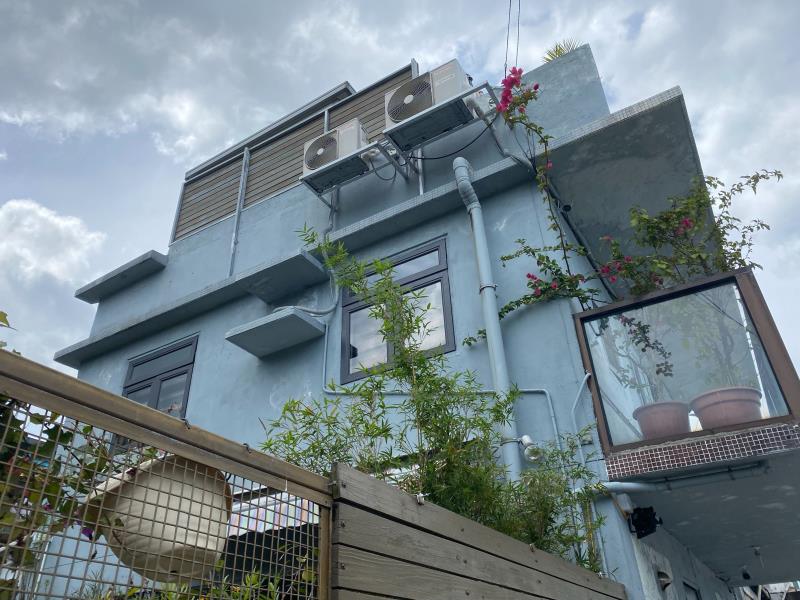
The main difference between these two types is that the former has no license, while the latter has a government-approved license.
The license can be transferred to close relatives. It means the occupancy rights can be “transferred” to children and siblings, but cannot be occupied by others. Some squatters may also have a license, which will be treated as licensed houses.
| Type | Definition | Land Ownership |
|---|---|---|
| Registered Squatters | Permit temporary existence after registration; cannot be transferred, sold or leased out | Mostly on Government Lands |
| Licensed Houses | Permit occupation after getting license; can transfer license to immediate family members(parent, children, siblings) ; cannot be sold or leased out | Some on Privately Owned Lands (e.g. private farmlands) |
Find or sell properties on Spacious
Risks of Sale / Lease of Squatters
Squatter occupiers do not own the rights to the property and land, and so renting and selling them are illegal. But still, some of the dwellers risk selling or renting their places to others in inappropriate ways.
The transaction process may skip official registration of the property or land , such as failing to stamp the lease agreements; submit the CR109 form; register the deeds at the Lands Department. What’s worse, the assignment deeds might even contain false information.
If you rent or buy this kind of shoddy housing, and if the Lands Department happens to reclaim the property for policy development, you will need to have it demolished without getting any compensation.
Given the risks involved in transactions, why are there still people interested in squatter purchase? Perhaps it is because buyers and renters see the incapabilities of the Squatter Control Office.
The chance of squatters being reclaimed by the government is negligible. On the other most of the demolished squatters, whether they are registered or not, can ultimately get cash subsidies. All of these reasons give rise to an increase in transfer of squatters in recent years.
Find or sell properties on Spacious
Compensation for Squatter Demolition
Squatter areas may be reclaimed and demolished to make way for government policy development. The government usually provides special compensation and public housing arrangements to affected, registered dwellers.
Those who are not placed in public housing can receive cash subsidies (having lived in the squatter for 2 years)
| Minimum Cash Subsidies | Maximum Cash Subsidies |
|---|---|
| HKD 60,480 | HKD 1.2096 Million |
If the registered dweller meets the income limits for public housing, they can be given priority for allocation of public housing. At the same time, they can also apply for Green Form Subsidized Home Ownership Scheme.
If the occupier is not the registered person, he must provide proof that he has lived in the affected area for 2 years on the date of demolition. If they are also eligible for public housing application, they can be considered as being on the waiting list for public housing for 2 years, speeding up the allocation process.
Although the property prices in Hong Kong are high, illegal and licensed squatter homes are not legally allowed to be rented or sold on the market. If you have housing needs, search for properties on spacious.hk across various districts of Hong Kong.
Find or sell properties on Spacious
FAQ
Under what circumstances are squatter homes demolished?
Squatter homes are demolished when the government reclaims the land for development or when the squatter homes are illegally expanded.
How is a squatter resident defined?
Squatter resident is defined as someone who has participated in the squatter resident registration between 1984 and 1985.




